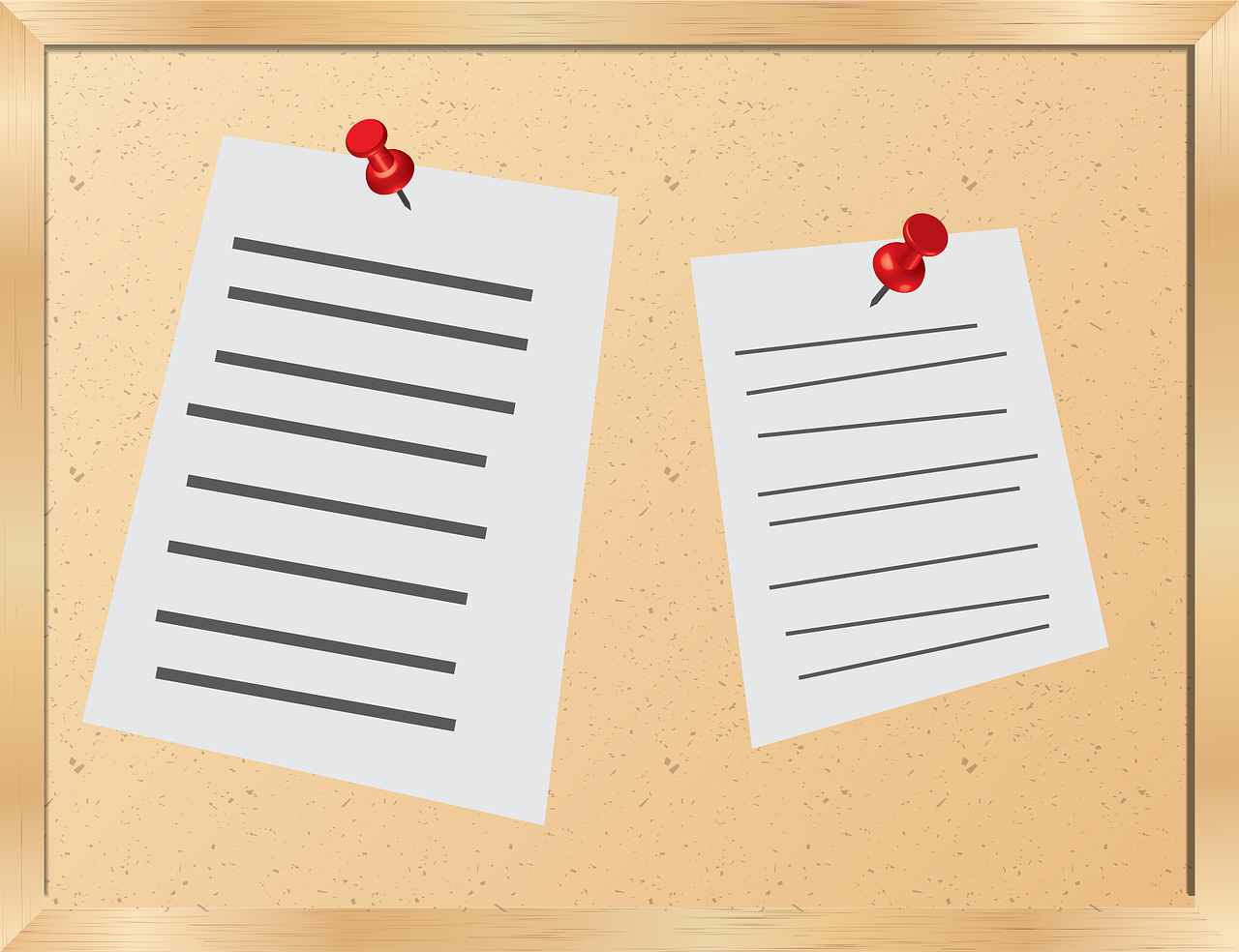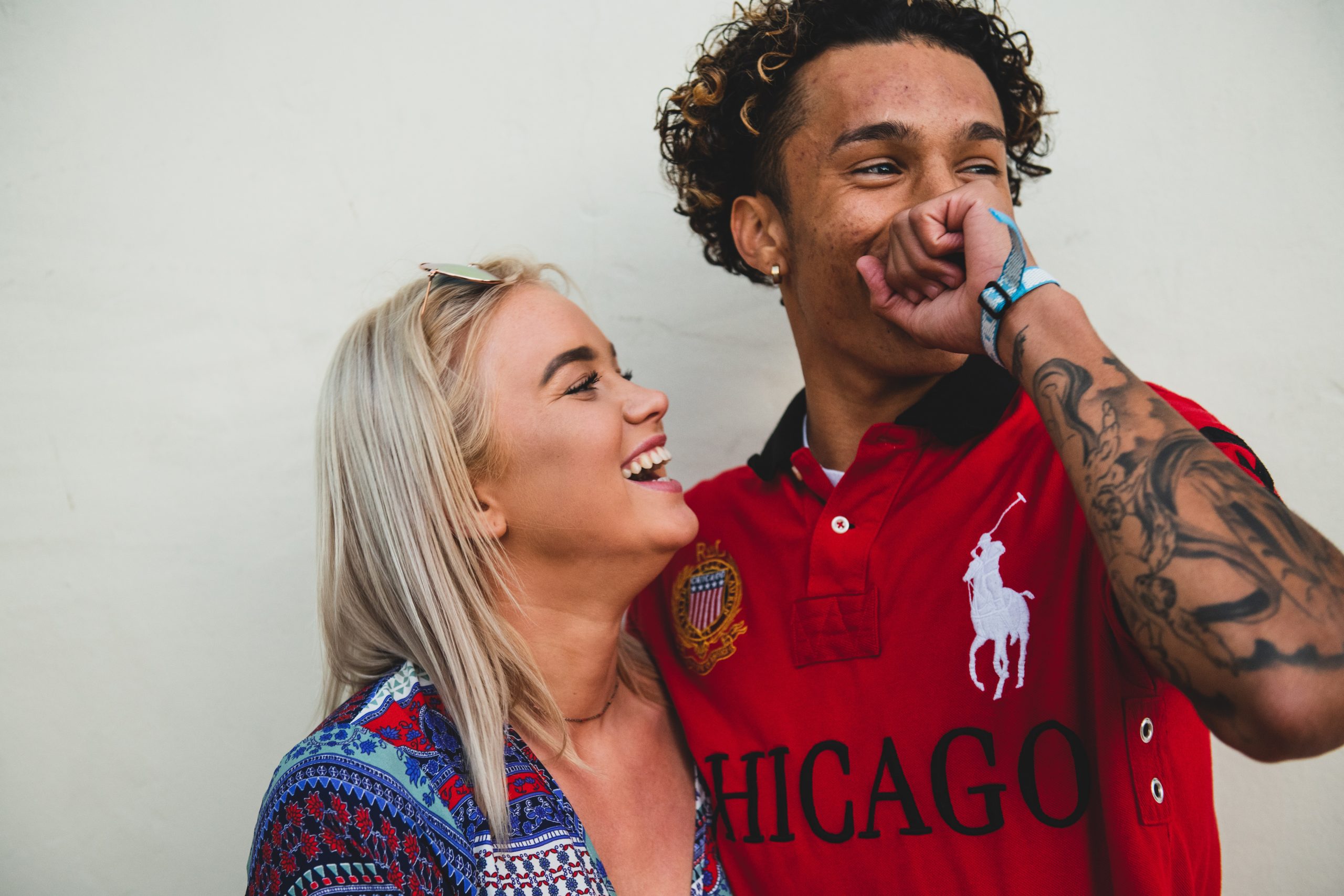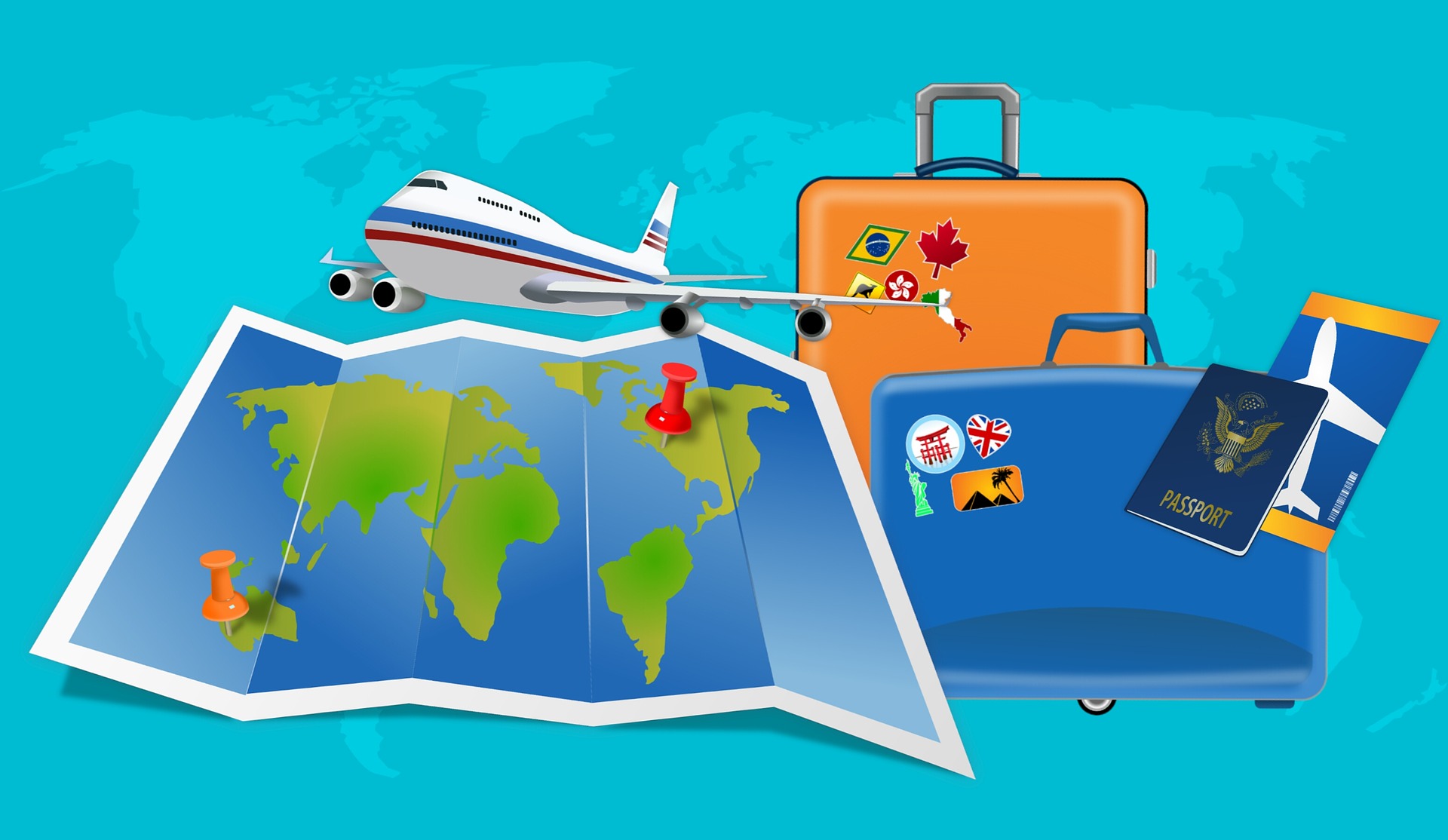Welcome back to Visalawyerblog! In this blog post, we celebrate a client’s recent success story and share with you how our office was able to expedite our client’s immigrant visa (CR-1) to help him reunite with his U.S Citizen spouse in the United States.
We recognize that these are truly challenging times in the world of immigration and would like our readers to know that they are not alone. For many, there are alternatives and solutions that can be explored by our knowledgeable immigration attorneys to help them reunite with their family members. From our staff members to our attorneys, we are with you every step of the way on your immigration journey.
For a comprehensive consultation to discuss solutions to your immigration issues, you may contact us at 619-819-9204.
Suspension of Routine Visa Services Continues at Most Consulates Worldwide
As our readers will know, the ongoing coronavirus pandemic has made it extremely difficult for immigrants residing abroad to secure appointments for visa interviews at U.S. Consular posts and Embassies worldwide.
While some Consulates and U.S. Embassies have resumed routine visa services, these are very few and far in between. At the moment, routine visa services are only available on a “post-by-post” basis as individual country conditions permit operations to return to normalcy. For the most part, Consulates and Embassies have not been able to provide specific dates regarding when each post will completely resume routine visa services. This has left many immigrants in a state of uncertainty during what is already a very difficult time in our history. Many family members remain apart for extended periods of time with no end in sight.
Despite these limitations however, Consulates and Embassies are continuing to accommodate emergency and expedite requests for applicants with urgent matters who need to travel immediately. Where an applicant has been documentarily qualified by the National Visa Center, a U.S. Citizen petitioner may submit a request with the NVC to expedite the consular interview based on extreme hardship to the U.S. Citizen. Extreme hardship to a U.S. Citizen spouse can be demonstrated in several ways including where the USC is suffering from a disability or severe medical and/or psychological condition.
Our Client’s Situation
Amid this backdrop, our client came to us in a state of desperation. Our client had petitioned to immigrate her husband to the United States under the CR-1 category. The good? Her husband was already documentarily qualified by the NVC. The problem? Unfortunately the U.S. Embassy in Islamabad, Pakistan refused to grant him an interview due to the general suspension of routine visa services.
 Visa Lawyer Blog
Visa Lawyer Blog











